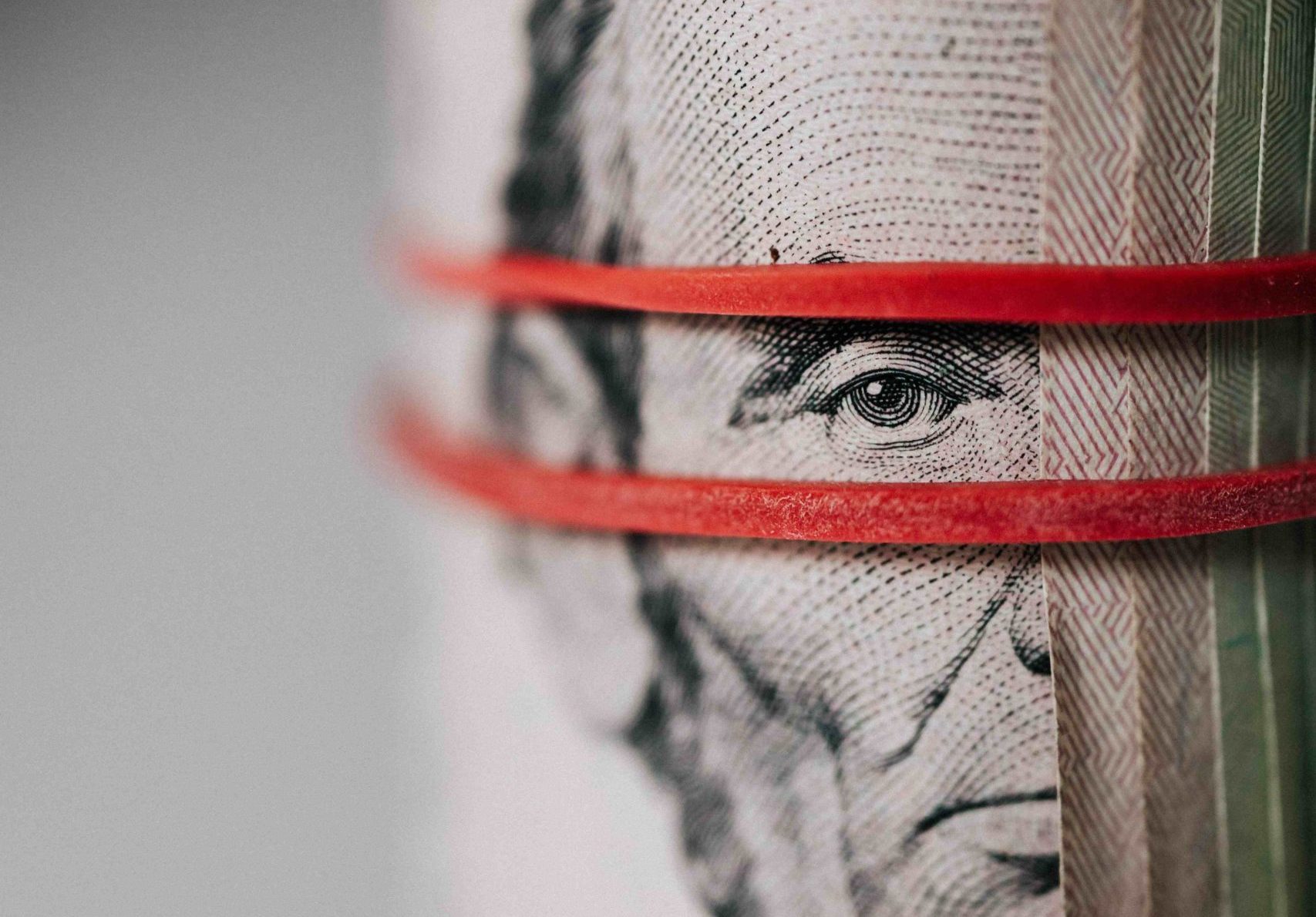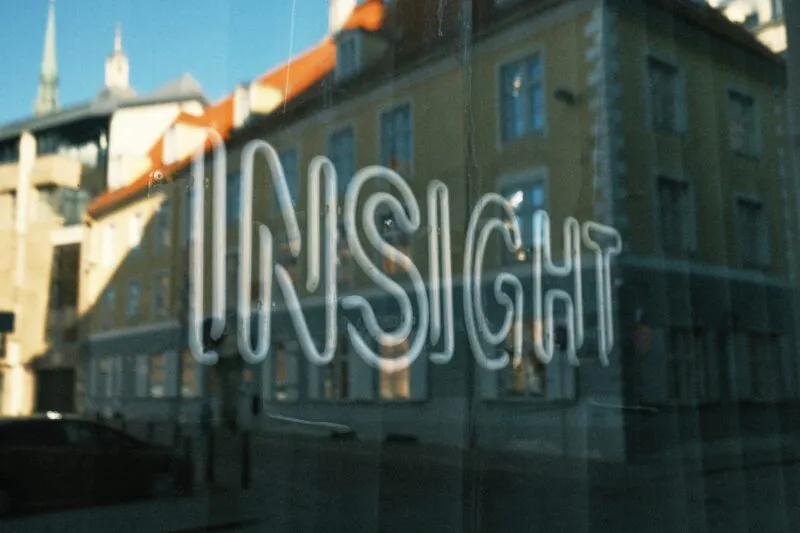How Cultural Narratives ‘Across the Pond’ Impact How the World Does Marketing Today
Marketing is one of the world’s oldest professions, right behind farmers, commercial fishers, and sex-workers. Across all professions (but particularly the latter category), image is everything. Image is what sets a brand apart from its competitors, and marketing is how a brand forms and cultivates that image. Of course, this may be stating the obvious, given humans have been using marketing slogans as far back as Ancient Greece. Evidently, we know marketing works. Yet, after all this time, we’re still remarkably undecided as to why marketing works, with two divergent explanations emerging from the United States of America (U.S.) and the United Kingdom (U.K.).
According to U.S. researchers, the reason why marketing is effective is because it’s inherently powerful and persuasive. In the U.K., however, advertising is seen to be effective, not because of persuasion, but for its ability to access and stay in consumers’ minds and memory.
Why the difference? Given the billions of dollars spent on advertising across the world each year, one would expect an extensive and well-supported rationale behind it all. Yet, this may have less to do with sound scientific reasoning, and perhaps more to do with the cultures in which they were developed.
Despite the many similarities between the U.S. and U.K. – in culture, language, food, politics – one area in which the two cultures seriously diverge is in their levels of optimism. The U.S., a famously optimistic country, is perhaps best defined by its aspiration. The concept of the ‘American Dream’, an ideal firmly woven in the nation’s identity even now, positions success as the logical outcome of effort, and failure the outcome of in-action.
This kind of thinking is closely mirrored in the American view on marketing, termed the ‘Strong Theory’ of marketing. Developed by American researchers, this theory posits advertising as an inherently persuasive communication, one which exerts a direct and measurable positive impact on audience behaviour. It suggests that advertising increases people’s knowledge and changes their attitudes, and thus, directly ties sales and profits to the degree of advertising pressure on consumers.

The U.K. approaches the role of advertising a little differently. Developed by English researchers, the ‘Weak Theory’ views sales and revenue as logical consequences of consumer need, with advertising acting as less of a persuader, and more of a reminder. While the ‘Weak Theory’ aligns with the Strong in the proposition that advertising is capable of increasing the audience’s knowledge, it does go on to suggest that most ads – being no longer than thirty seconds or so – are limited in the amount of brand information they’re actually able to communicate. Far from the lofty aspirations of the ‘Strong Theory’, the ‘Weak Theory’ perfectly encapsulates the perspectives of a country which consistently ranks as less optimistic and more uncertain of their futures than its U.S. counterpart

So, which approach one is right? Should you be going to the high-roller table with your marketing budget, or should you stick to the low-risk card games? Like most things, there’s no clear answer. While research interest may have trended towards the ‘Weak Theory’ in recent decades, there are circumstances in which the ‘Strong Theory’ may better reflect the reality of how audiences respond to advertising.
What this issue also raises is a red flag around how we discuss marketing at a brand level. In their seminal article, John Phillip Jones laments that, despite research interest in the ‘Weak Theory’, it has been unable to penetrate the general thinking and approach of American advertisers and agencies. Today, marketing managers around the globe are fluent in the language of the ‘Strong Theory’, but very few speak ‘Weak Theory’.
In the famous words of John Wanamaker (1838-1922), “Half the money I spend on advertising is wasted; the trouble is I don’t know which half”. Perhaps this is because we have only been looking with one eye open…




